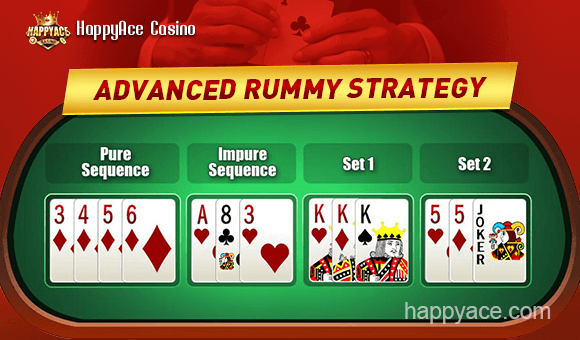
Bonding and Togetherness: Rummy is often played with family members, which creates a sense of togetherness and bonding. The game provides a common activity that brings people together, encouraging social interaction, laughter, and memories.
Family Traditions: Rummy is often passed down through generations, with family members learning the game from their parents, grandparents, or other relatives. This creates a sense of continuity and tradition, as family members can share their knowledge and experience with younger generations.
Communication and Social Skills: Playing Rummy with family members helps develop essential social skills, such as communication, negotiation, and problem-solving. Players must communicate effectively to strategize, make deals, and negotiate with each other.
Emotional Connection: Rummy can evoke strong emotions, such as excitement, frustration, or joy. The game can bring people closer together by creating shared experiences and emotions, fostering a sense of empathy and understanding.
Learning and Development: Rummy can help children develop important skills, such as:
1. Strategic thinking: Players must think critically and make decisions quickly to succeed.
2. Problem-solving: Rummy requires players to analyze situations and find solutions.
3. Math skills: The game involves counting, adding, and subtracting cards.
4. Emotional intelligence: Players must manage their emotions and adapt to changing situations.
5. Family Dynamics: Rummy can reveal interesting aspects of family dynamics, such as:
- Competitive spirits: Some family members may be more competitive than others, leading to entertaining (and sometimes heated) matches.
- Generational differences: Different age groups may have different strategies or approaches to the game.
- Emotional connections: Players may form strong bonds with certain family members during gameplay.
- Rituals and Traditions: Rummy often becomes a part of family rituals and traditions, such as:
- Family game nights: Many families set aside dedicated time for playing games together.
- Holiday gatherings: Rummy is often played during holiday gatherings or celebrations.
- Special occasions: The game may be played on special occasions like birthdays or anniversaries.











